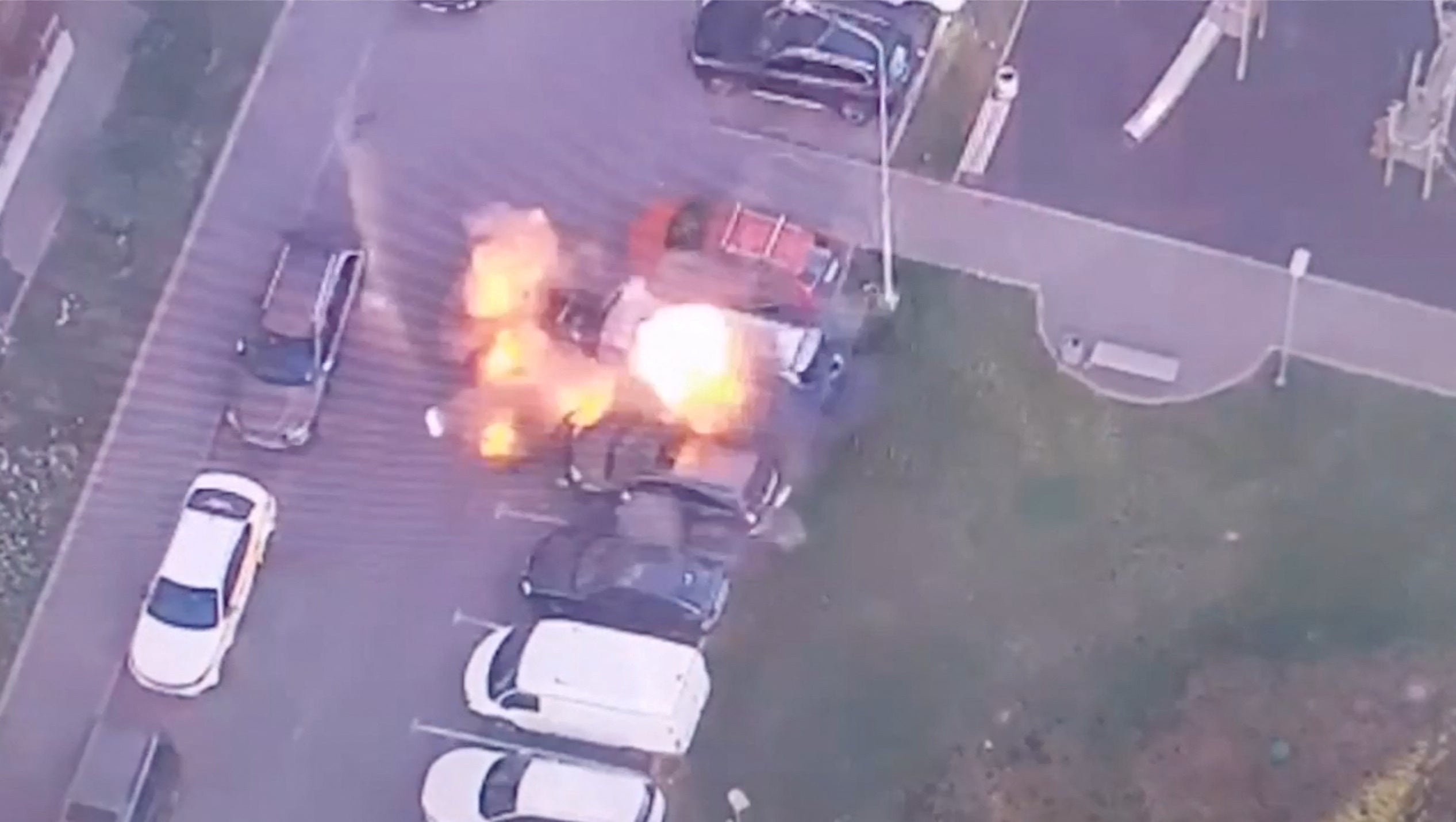
US move to boost security alliance with UK, Australia just the start, officials say
PHOTO CAPTION: Australian army snipers are seen during Rim of the Pacific (RIMPAC) 2022. (Photo by Royal Australian Air Force Corporal John Solomon via U.S. Defense Visual Information Distribution Service)
By David Shepardson
FARNBOROUGH, England (Reuters) - A U.S. move to slash restrictions on transferring military gear and technology with Britain and Australia will bolster the AUKUS security alliance between the three countries, and there is more to come, government and industry officials told the Farnborough Airshow.
AUKUS, formed in 2021 to address shared worries about China's growing power, includes A$368 billion ($245 billion) to help Australia acquire nuclear powered submarines.
Brian Burton, a senior adviser at the U.S. Defense Department on international and industrial base policy, said at a panel discussion at the air show that the goal is to enable industry across the three countries to work together more efficiently.
In April, the State Department proposed reducing licensing requirements for transferring military gear and sensitive technology among the United States, Australia and Britain under AUKUS. The final rule was cleared by the White House regulatory office July 19 and is set to be published in August.
"The things that we're doing - particularly in the regulatory environment - are really built to last once we make these changes ... they're very hard once you've done that to start kind of going back to the way things were," Burton said.
State Department AUKUS senior adviser Matthew Steinhelfer noted AUKUS has strong bipartisan congressional support.
"We're very optimistic that we're going to put in place some very big, bold moves that will be an enabling factor for AUKUS," Steinhelfer said.
Dak Hardwick, vice president for international affairs at the Aerospace Industries Association representing many defense contractors, said the rule change "is the most significant change to the arms export control act since" it was signed in 1976.
Shimon Fhima, director of strategic programmes at Britain's ministry of defense, said the next step is "how do we create the environment" to share information, work together and buy defense materials collectively.
Kylie Wright, Australia's assistant secretary, defence industry, said: "We're actually systematically going through each of the three systems and knocking down the barriers that are preventing us from working seamlessly and interoperably."
(Reporting by David Shepardson; Editing by Mark Potter)









